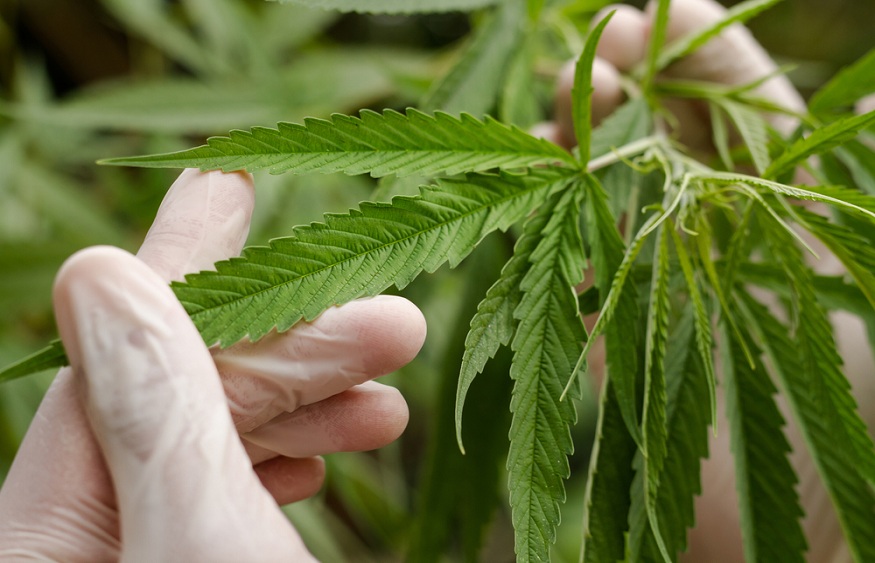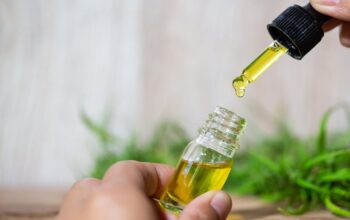The Drug Enforcement Agency (DEA) won a recent victory when two lawsuits challenging its authority over hemp and CBD extracts were stalled by a D.C. appeals court. The ruling gives the DEA the authority to go after hemp processors and extractors should they choose to do so. What is next for those processors and extractors?
First of all, the ruling was only made in response to lawsuits brought by the Hemp Industries Association and a South Carolina CBD producer. It was not the result of the DEA actively pursuing legal action. Though the ruling gives the government authority to treat hemp and derived products similarly to marijuana and THC, the agency has shown no willingness to actively do so.
Still, the rather strange case sets a precedent. It also gives further ammunition to those pushing for complete cannabis decriminalization in this country. What makes the case so strange is the federal government’s definition of cannabis.
It’s the THC Content
Biologically speaking, both marijuana and hemp are cannabis plants. There is only one difference between them from a legal standpoint: THC content. Federal law defines a cannabis plant with less than 0.3% THC as hemp. Anything with a higher THC volume is marijuana.
The 2018 Farm Bill that legalized industrial hemp in the U.S. relies on this legal distinction to determine if plants are legal or illegal. The same principles are carried through to CBD products derived from hemp. In order to legally sell such products as CBD, a hemp extractor or processor must verify that the finished product does not exceed the THC threshold for hemp.
That is all well and good, but the recent court ruling throws a rench into the works. It considers the intermediate step between harvesting plant material and selling CBD products on the retail market. That intermediate step is processing. More specifically, it is extractio
Sometimes It’s Hot
CedarStoneIndustry is a Texas company that supplies CBD extraction equipment. They say that it is quite common for hemp extracts to briefly cross the 0.3% THC threshold during processing. When this happens, the extracts are said to be hot. But it is a temporary situation. By the time processing is complete and extracts are ready to be bottled or used as ingredients in other products, THC levels have been reduced below the threshold.
The two groups that filed suit know this all too well. They sued based on their belief that the DEA was in violation of the 2018 Farm Bill by insisting that CBD products and hemp could not be transported across state lines because they were considered illegal cannabis. Unfortunately for them, the court sided with the DEA.
The ruling effectively means that any hemp-derived CBD product is technically illegal under federal law if, during the extraction process, the extract in question went hot. The minute THC levels exceed the established threshold, a product is no longer hemp. It is now marijuana. As illogical as this sounds, that is the legal effect of the ruling.
Where that Leaves Extractors
So where does that leave hemp extractors and processors? In a bad position. It’s hard to imagine any of them will shut down given the lack of federal enforcement and the financial benefits of continuing as-is. But it is now in the industry’s best interests to lobby hard for complete decriminalization. Either that, or they need to find a way to extract CBD without allowing it to go hot.
Unfortunately, the ruling lays bare just how dumb cannabis laws in this country are. Something definitely needs to be done to bring some semblance of sanity to the equation.


